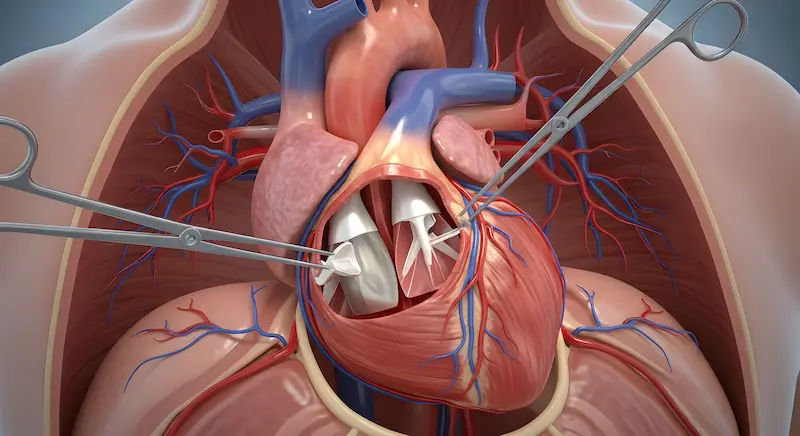- Male
- 20 Years
- 07/02/2025
I'm really worried about my mom. She's 48 and recently started having continuous chest pain. She had a viral fever and some cough, so we initially thought it was just that, but the pain didn't go away. We went to a government hospital and the doctor there told us to do an ECG test and mentioned it was serious. But then we went to a private hospital and they said not to worry. I'm feeling confused with these mixed messages. What should I do next?
Answered by 1 Apollo Doctors
The chest pain in your mother could be due to various reasons, including cardiac issues. Since the government doctor recommended an ECG test, it is important to follow through with that recommendation to rule out any serious heart problems. If the private hospital has reassured you that there is no immediate cause for concern, it is still advisable to monitor the situation closely. In the meantime, to help alleviate the chest pain and cough, you can consider giving her a medication like Paracetamol for pain relief and Cough syrup for cough. However, it is crucial to follow the dosage instructions provided on the medication packaging or as advised by a healthcare professional. If the symptoms persist or worsen, please seek further medical advice.
Dr. Mubarak Suggests...
Consult a Cardiologist
Answered 04/07/2025
0
0

More Cardiology Health Queries
View allI'm really worried because my mom's blood pressure is reading at 18879. She's currently taking Telista 40 and Metocard XL25. I'm not sure if we should be doing something different or if there's any immediate action we should take. Could you please advise us?
continue same treatment , salt restricted diet ,, DASH diet with fruits,legumes and green leafy vegetables are advised ..Also aerobic exercises daily advised to the patient..
Answered by 1 Apollo Doctors
How can I lower my blood pressure immediately?
By calming down and lying flat one can lower Bp to certain extent but consult physician for medications. On a general note, follow life style modifications such as Increase activity and exercise more, Lose weight if you're overweight, Cut back on sugar and refined carbohydrates, Eat more potassium and less sodium, Eat less processed food, Reduce excess stress and Try meditation or yoga.
Answered by 1 Apollo Doctors
I've done all the tests like TMT and 2D ECHO, and everything seems normal, but I'm still having this chest pain. What could be causing this?
gastritis check
Answered by 1 Apollo Doctors
Disclaimer: Answers on Apollo 247 are not intended to replace your doctor advice. Always seek help of a professional doctor in case of an medical emergency or ailment.




